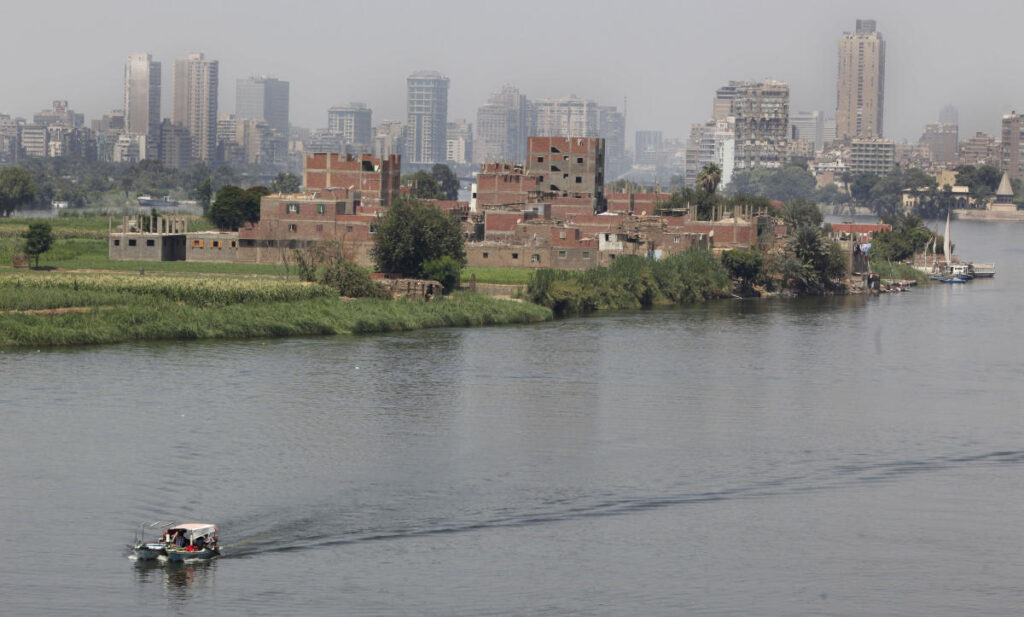KAMPALA, Uganda (AP) — A regional partnership of 10 countries says it has reached an agreement on the fair use of water resources from the Nile basin came into effect despite Egypt’s notable opposition.
The legal status of the “cooperative framework” was formally confirmed by the African Union after South Sudan joined the treaty, the Nile Basin Initiative said in a statement on Sunday.
Ethiopia, Uganda, Rwanda, Burundi and Tanzania have ratified the agreement. Egypt and Sudan refused to sign, while Congo abstained. Kenya has not yet submitted its ratification documents to the African Union.
The agreement, which came into effect on Sunday, “is a testament to our collective determination to utilize the Nile River for the benefit of all, and to ensure its fair and sustainable use for future generations,” the Nile Basin Initiative said in its declaration. “This is a moment to congratulate the governments and people of the Nile riparian states, and all partners and stakeholders, for their patience, determination and commitment to this cause.”
The lack of ratification by Egypt and Sudan – desert countries that have expressed concern about attempts to reduce their share of the Nile water – means the deal will prove controversial.
Tensions in the region have increased, partly as a result of the crisis Ethiopia’s construction of a $4 billion dam on the Blue Nilea major tributary of the Nile River. Egypt fears the dam will have a devastating effect on water and irrigation supplies downstream unless Ethiopia takes its needs into account. Ethiopia plans to use the dam to generate much-needed electricity.
The rights clause of the agreement states that states in the Nile Basin “shall use in their respective territories the water resources of the Nile River system in an equitable and reasonable manner.”
At 6,695 kilometers (4,160 mi) long, the Nile is the longest river in the world, with one tributary, the White Nile, beginning in South Sudan and the other, the Blue Nile, in Ethiopia.
Amid the dispute with Ethiopia, Egypt recently appears to be strengthening its position in the Horn of Africa promising security cooperation with Somaliawhich opposes Ethiopia’s attempts to gain access to the sea through the Somali breakaway territory of Somaliland. Under the terms of an agreement reached last week, Egypt could send peacekeepers to Somalia when the mandate of African Union peacekeepers expires at the end of 2024.
It was not immediately possible to obtain comment from Egypt on the Nile Agreement now in force. The country, a founding member of the Nile Basin Initiative, has long asserted its rights to Nile water under the terms of a colonial-era agreement.
The agreement between Egypt and Great Britain gave downstream Egypt and Sudan rights to the Nile water, with Egypt seizing 55.5 billion cubic meters and Sudan 18.5 billion cubic meters of the total 84 billion cubic meters, of which 10 billion were lost to evaporation.
That agreement, first signed in 1929, did not take into account the other countries along the basin that have agitated for a fairer deal.







